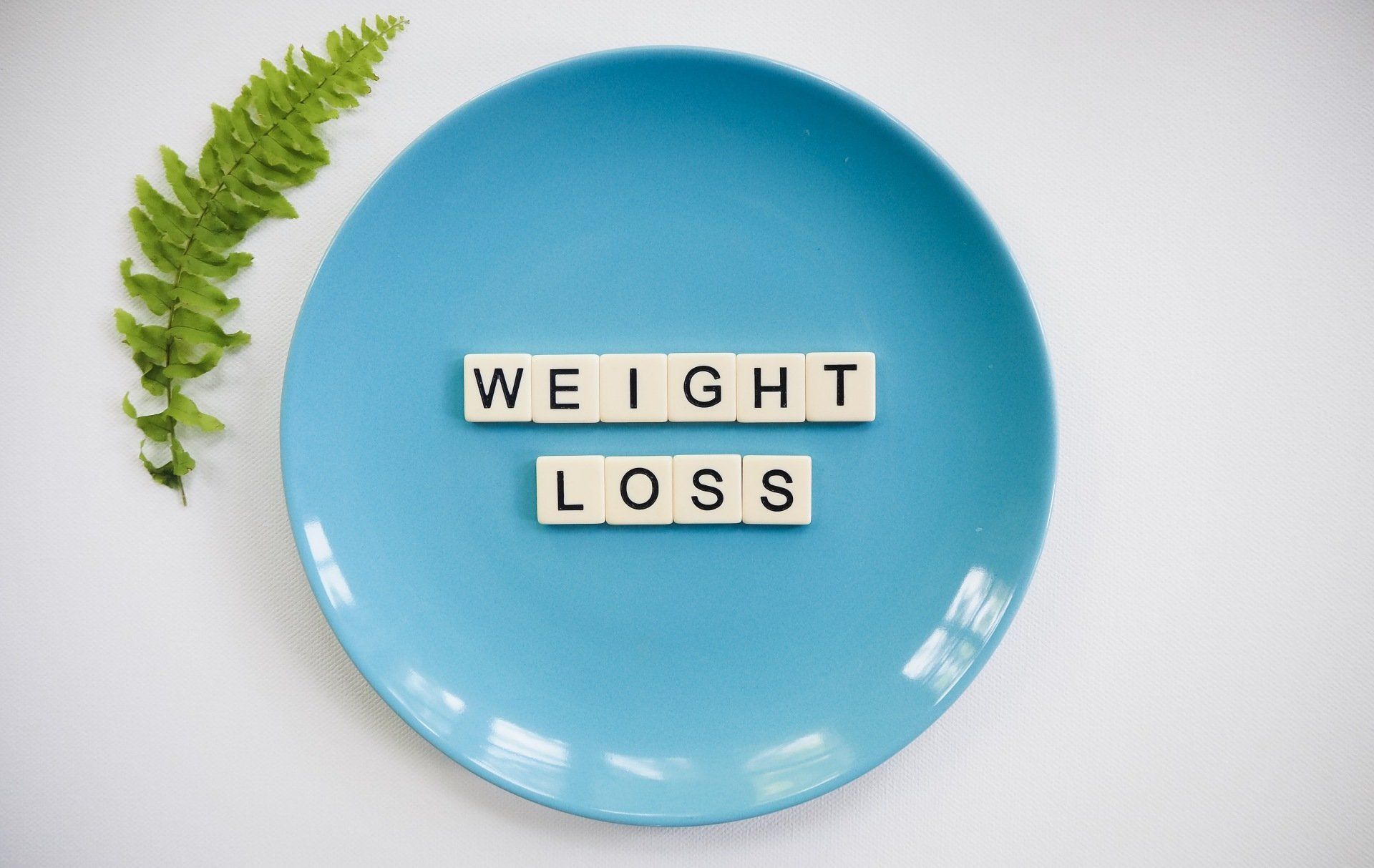Keto diets and heart disease – 3 Important Facts to Know
Keto diets and heart disease...
A paper was recently published in the February 21, 2021 issue of the JACC. Journal of the American College of Cardiology.
Another paper, published in the AHA journal, Circulation, also runs the same theme. Keto diets for heart disease.
Due to popular demand, I have translated both into a layman friendly version:
Questions to ask about keto and heart disease - Heart Failure
Will ketones help or harm the heart? Show me the research!
- What about ketone supplements?
- Will ketosis help PREVENT heart disease?
- Are keto diets good or bad for heart disease?
Heart disease appears to have underlying metabolic derangements. Yet, we rarely see metabolic based treatments being used to help prevent or treat heart disease. At first glance, being a usually high fat diet, keto diets and heart disease seem to be a bad idea. Or is it?
Metabolic changes in heart muscle upon birth
During the life of a fetus, the heart does not need very much energy so it relies on simple fuels. Simple fuels like glucose (simple form of sugar). Glucose eventually breaks down to lactic acid. The fetal heart relies on both glucose and lactic acid for its fuel.
Upon being born, the fetus leaves the comfort of the womb and is cut off from the mother's blood supply. The fetus, now called a baby, has to rely on itself to survive. The heart by necessity, changes its fuel preference for higher energy types such as fats. The fats need to be broken down through a process called "oxidation", and this process of fatty acid oxidation has to happen inside the mitochondria. The mitochondria is the powerhouse ( think of energizer batteries) of the cell. The heart maturation process is accompanied by a sudden increase in energy producing signals, and following this, we see a burst of powerful mitochondrial energy. The number of mitochondria within heart tissue increases, to help the heart gain an amazing ability to pump blood to the different parts of our body. Heart muscles suddenly have to now depend on oxidative phosphorylation OxPhos, which is a process by which higher forms of living life can produce energy
Patients with heart failure develop defects in their metabolism. Their mitochondria become defective, and as a result, the heart cells cannot effectively process fatty acids. So the energy goes down, As a result the heart muscle pumping capacity starts to fail. Ketones, which are also high energy fuels, might be a form of rescue energy since we do not need mitochondria ( where OxPhos is found) to produce it. The failing heart starts to rely more on ketones.
Ketoacidosis (bad) is not the same as nutritional (good) ketosis
When we hear the word “ketones”, the first thing that comes to mind are those nasty, lethal doses of ketones that the human body produces during a state of ‘ketoacidosis”, usually seen in poorly controlled diabetic patients. Ketones can be also be made by following a keto diet, where the levels are not overwhelming, but just right to give the body benefits. Ketone supplements have also recently come into the marketplace.
The research paper discusses the many diverse benefits of ketones. And it is not just about the energy they produce. Will there ever be a role for keto diets and heart disease?
Benefits of keto diets for heart disease
Among the benefits of ketones are the following:
Regulating blood pressure
Repair of defective heart muscle
Toning down inflammation
Keeping our mitochondria (the powerhouse batteries of our cell) healthy
Help our genes (DNA) repair themselves
Improve blood glucose levels
Normalize body weight
Where are ketones made?
Ketones are made in the liver.
Our heart muscles also appear to have the ability to use ketones for their benefit.
Ketones can also be manufactured in other organs, such as the kidneys, nerve cells, and cells of our gut.
In fact, almost every other cell of our body can use ketones.
When are ketones made?
When we fast, when we limit our intake of sugar or carbs, or when we don’t have enough food.
Ketones are also produced after extreme exercise.
Why are Ketones made?
Ketones, therefore, can also be your friend. Ketones can act as a standby form of supplemental energy in times of starvation. Not only are ketones good for energy, but they are also helpful in preventing heart damage from inflammation. When blood vessels become inflamed, they lose their smooth character and become prone to clot formation, and eventually, heart attacks or strokes might occur. Ketones help maintain the linings of our blood vessels and protect them from losing their smoothness.
Keto Diets and Heart Disease - Preventing Heart Attacks and Strokes, heart failure
Keto diets and ketones Improved Blood Flow
Heart attacks and strokes also happen when the blood vessel openings constrict. The diameter of the coronary arteries ( the tiny blood vessels that carry oxygenated blood to supply the muscles of the heart) become too narrow, limiting blood flow to the muscle of the heart. Ketones can help dilate ( make the diameter bigger) blood vessels. Animals in the lab were fed ketone supplements and the scientists found that the ketones made the vessels larger and more blood flowed through the brain, kidneys and heart of these animals, improving blood flow by as much as 75%.
Keto diets help heart disease by rejuvenating heart tissue
Ketones can also improve the delicate oxygen balance within the cells and help prolong the lifespan of heart tissue. Even in animals that already suffered heart failure, they still saw improvement when ketones were fed to these animals after the onset of heart failure. Ketones deactivated signals that caused heart muscle cell death. In effect, ketones prevented the aging of the heart muscle.
Ketosis helps curb appetite
Ketones also helped animals lose weight by decreasing the levels of the appetite hormones in the body, helping the animals feel full faster.
Keto diets improve good cholesterol
As far as cholesterol levels, keto diets when given LONG TERM also increased the “Good (HDL high density lipoprotein) cholesterol “ levels and decreased total and bad cholesterol. This benefit was anticancer because ketones also limited the levels of fatty acid synthase, an enzyme that synthesized or "made" fats and promoted cancer. A 2007 study of the keto diet and heart disease in 83 obese men and women with high body mass indexes ( greater than 35 ), was performed. The subjects all had high blood glucose and cholesterol levels. They followed the ketogenic diet for 24 weeks and they found that there was a significant improvement in their levels of good HDL, and Bad LDL cholesterol. LDL (bad cholesterol) blood levels went down, HDL (good cholestserol) levels went up, serum triglycerides went down. The patients all lost weight and decreased their body mass index significantly.
As a whole, keto diets and heart disease may be compatible. Keto diets seem to benefit animals and possibly, humans. It does so not just by providing energy, but through a host of other benefits.
SGLT type 2 inhibitors
Sodium-glucose cotransporter 2 inhibitors are new an currently on the market as anti diabetic drugs. They improve the body's ability to recognize and use insulin, resulting in better glucose control , blood pressure, and healthy weight loss. Certain cells of the body, such as the kidneys and intestines, have proteins which control the passage of sodium and glucose. These drugs can help diabetics from spilling glucose too much in their urine.
Main Points of the JACC (Journal of the American College of Cardiology ) and AHA American heart Association " Circulation " Papers:
1. Keto diets and heart disease may be a beneficial therapy, and can serve as a rescue form of energy for the failing heart. Ketones might help protect the heart of animals and humans.
2. Keto Diets and heart disease plus supplements: Adding ketone supplements may be beneficial.
3. Future studies on PREVENTION are still needed : We still do not know if a keto diet and heart disease is a good preventive strategy.
4. The new antidiabetic drugs , sodium-glucose cotransporter 2 inhibitors , have a side effect of producing KETOSIS. So it is interesting to see whether this side effect may be beneficial in treating heart disease of diabetics.
Should we be buying and consuming ketone supplements on a regular basis? These are preliminary studies, and are not yet accepted by the medical community as fact. But perhaps it might only be a matter of time?






